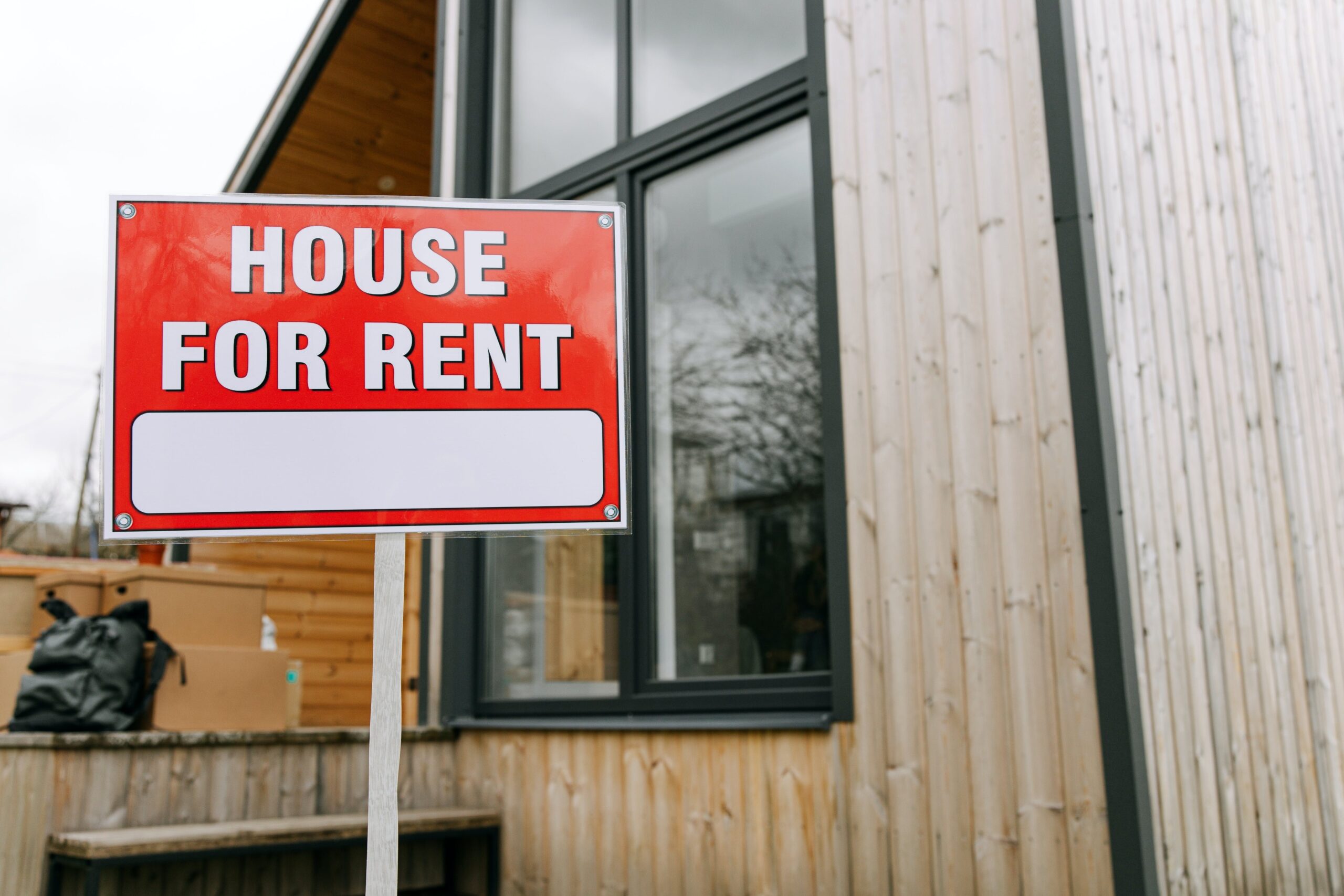Portland Rental Market Update – May 2024
Are you planning on investing in properties in the Portland Rental Market? If so, you’ve come to the right place! The local rental market has seen it’s share of ups and downs in recent years but the big question is how is the rental market doing now? In this article, we will offer you a…
Read more









